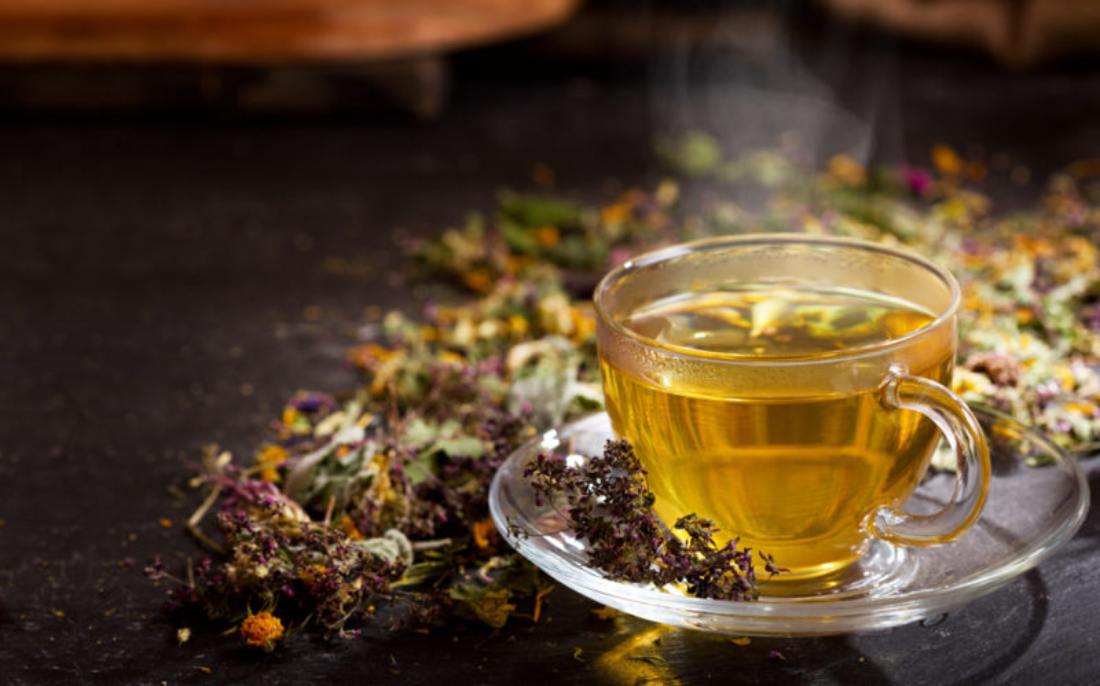Wellhealthorganic.com:5-herbal-teas-you-can-consume-to-get-relief-from-bloating-and-gas: Bloating and gas are common digestive issues that can cause discomfort and disrupt our daily lives. These conditions are often the result of poor eating habits, food intolerances, gastrointestinal disorders, or simply swallowing air while eating or drinking. While there are several over-the-counter remedies available, many people prefer natural solutions. Herbal teas, with their soothing properties and ability to aid digestion, have been used for centuries to alleviate bloating and gas. This article will explore bloating and gas and present five herbal teas that can provide relief.
The most effective remedy for these people is chamomile tea. Research published in the Journal of Advanced Nursing found that drinking chamomile tea is beneficial for digestive disorders, including those that might cause discomfort and bloating.
What are Bloating and Gas:
Bloating is the feeling of fullness or tightness in the abdomen caused by excess gas trapped in the digestive system. It is often accompanied by abdominal pain, flatulence, and a visibly swollen stomach. On the other hand, gas results from the natural digestion process when bacteria in the intestines break down food. Excessive gas can lead to bloating and discomfort.
Herbal Teas for Relief: Wellhealthorganic.com:5-herbal-teas-you-can-consume-to-get-relief-from-bloating-and-gas
1. Peppermint Tea:
Due to its antispasmodic properties, Peppermint tea is one of the most popular herbal remedies for bloating and gas. It relaxes the muscles of the gastrointestinal tract, promoting the passage of gas and relieving bloating. Peppermint tea can also help soothe an upset stomach and reduce abdominal pain.
2. Chamomile Tea:
Chamomile tea is well-known for its calming and anti-inflammatory properties. It can help relax the digestive system’s muscles, reducing bloating and gas. Chamomile tea also has a soothing effect on the stomach, making it an excellent choice for individuals experiencing digestive discomfort.
3. Ginger Tea:
Ginger has long been a natural remedy for various digestive issues, including bloating and gas. Ginger tea can stimulate digestion, reduce inflammation in the intestines, and relieve gas-related discomfort. It is beneficial for individuals with indigestion or motion sickness.
4. Fennel Tea:
Fennel tea is a traditional herbal remedy for bloating and gas. It acts as a carminative, which means it can help reduce gas and bloating by relaxing the muscles in the digestive tract. Fennel tea also has a mild diuretic effect, promoting the elimination of excess fluid and reducing bloating.
5. Lemon Balm Tea:
Lemon balm tea, derived from the leaves of the lemon balm plant, has been used for centuries to aid digestion. It can help relieve bloating and gas by reducing inflammation and relaxing the gastrointestinal tract muscles. Lemon balm tea also has a calming effect on the nervous system, which can further alleviate digestive discomfort caused by stress or anxiety.
How to Prepare Herbal Teas:
To make herbal teas for bloating and gas relief, follow these simple steps:
- Boil water and pour it into a cup.
- Add one teaspoon of dried herbal leaves or a tea bag to the cup.
- Let the tea steep for 5-10 minutes or as directed on the packaging.
- Strain the tea and enjoy it warm.
Conclusion:
Bloating and gas can be uncomfortable and disruptive, but fortunately, several herbal teas can provide relief. Peppermint, chamomile, ginger, fennel, and lemon balm teas are known for their soothing properties and aiding digestion. Incorporating these teas into your daily routine may help alleviate bloating and gas while promoting overall digestive health. However, if your symptoms persist or worsen, you must consult a healthcare professional for a proper diagnosis and treatment.

